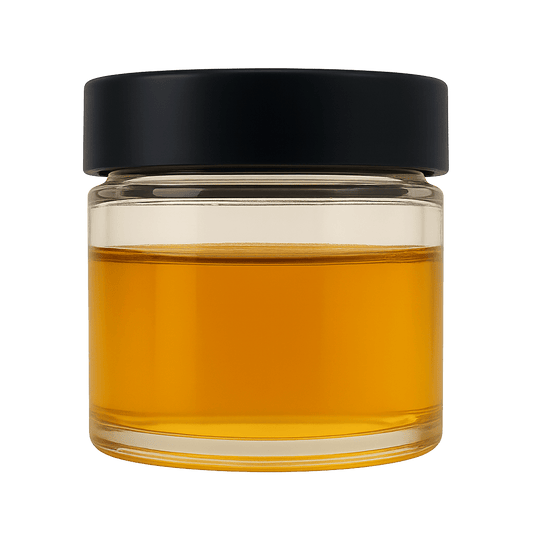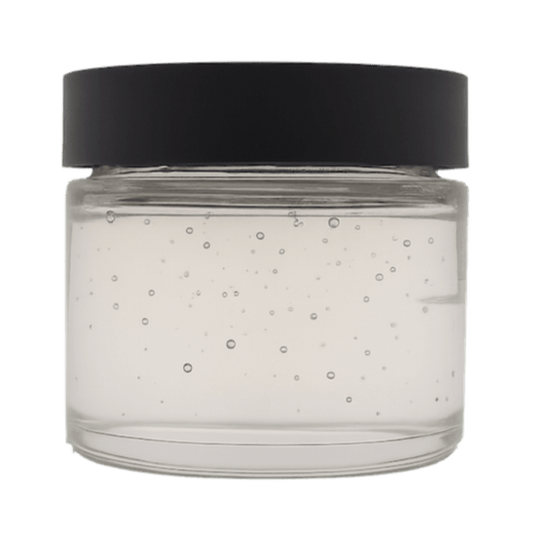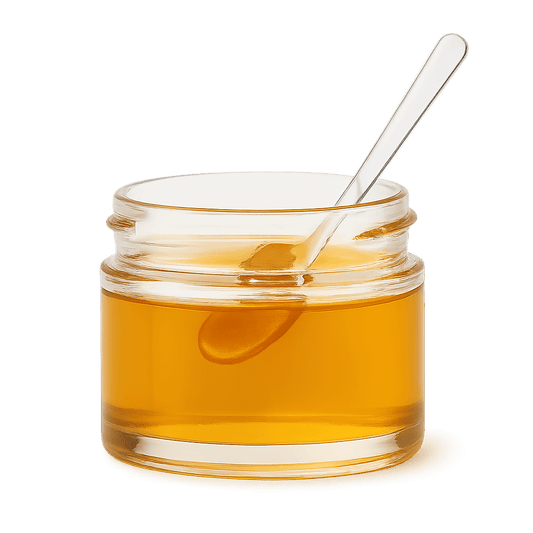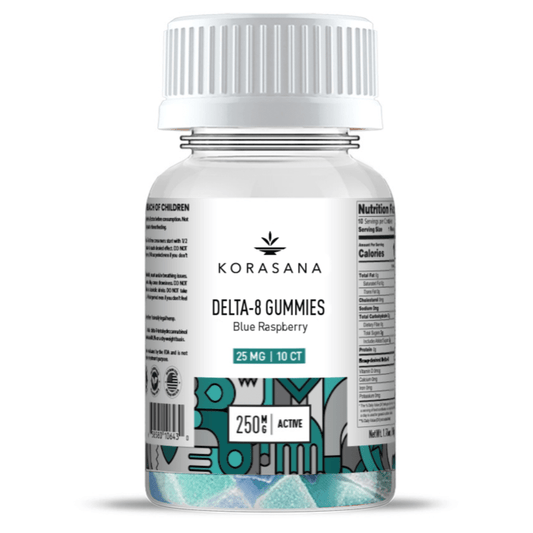Is Delta 8 THC Legal in Georgia?
The legal status of Delta 8 THC in Georgia is nuanced, influenced by both state and federal laws, as well as specific bills that aim to clarify its legal standing. Here's a deeper look into the sources, laws, and bills relevant to Delta 8 THC's legality in Georgia:
-
Federal Law - 2018 Farm Bill: The federal legal framework for hemp-derived products, including Delta 8 THC, is established by the 2018 Farm Bill. This legislation federally legalized hemp and hemp-derived compounds, isomers, and cannabinoids, provided they contain no more than 0.3% Delta 9 THC on a dry weight basis. This federal law sets the stage for states to develop their own regulations regarding hemp and its derivatives.
-
State Law - Georgia's Hemp Legislation: According to the information provided by CFAH, Georgia's state laws align with the federal 2018 Farm Bill, allowing the possession, use, sale, and distribution of hemp-derived Delta 8 THC products, as long as they adhere to the same THC concentration limits defined at the federal level. This means that as per Georgia's interpretation of the Farm Bill, hemp-derived Delta 8 THC products are legal within the state.
-
Georgia House Bill (HB) 458: This bill, mentioned in the coverage by 11Alive, represents an effort to clarify and potentially regulate cannabinoids like Delta 8 more explicitly within Georgia. While Delta 8 THC currently occupies a legal "gray area," HB 458 aims to establish clearer regulations. If passed, it would explicitly legalize cannabinoids such as Delta 8 THC, provided the final packaged products contain equal to or less than 0.3% THC, aligning with the federal threshold. This bill's progress is significant because it could transition Delta 8 THC from a de facto legal status to being explicitly legal under Georgia law.
-
Georgia Court of Appeals Ruling: The Georgia Court of Appeals has ruled that Delta 8 THC, Delta 10 THC, and other hemp-derived cannabinoids are not considered controlled substances under state law. This ruling is crucial because it directly addresses the legal status of Delta 8 and Delta 10 products, potentially paving the way for their unrestricted sale in Georgia. This decision came after police raids on businesses selling these products, indicating a significant legal victory for proponents of Delta 8 and Delta 10 THC.
HOUSE BILL 213
AN ACT…to amend Part 1 of Article 2 of Chapter 13 of Title 16 of the Official Code of Georgia Annotated, relating to schedules, offenses, and penalties regarding regulation of controlled substances, so as to revise the definition of the term “marijuana”(§ 16-13-21. (16)); to provide an exception to the scheduling of tetrahydrocannabinol and tetrahydrocannabinolic acid as controlled substances(§ 16-13-25. (3). (P)); to provide for related matters; to provide for an effective date; to repeal conflicting laws; and for other purposes.
2-23-3. Definitions
(3) ‘Federally defined THC level for hemp’ means a delta-9-THC concentration of not more than 0.3 percent on a dry weight basis, or the THC concentration for hemp defined in 7 U.S.C. Section 5940, whichever is greater.
7 U.S. Code § 5940.Legitimacy of industrial hemp research
(2) Industrial hemp
The term “industrial hemp” means the plant Cannabis sativa L. and any part of such plant, whether growing or not, with a delta-9 tetrahydrocannabinol concentration of not more than 0.3 percent on a dry weight basis.
(5) ‘Hemp’ means the Cannabis sativa L. plant and any part of such plant, including the seeds thereof and all derivatives, extracts, cannabinoids, isomers, acids, salts, and salts of isomers, whether growing or not, with the federally defined THC level for hemp or a lower level.
(6) ‘Hemp products’ means all products with the federally defined THC level for hemp-derived from, or made by, processing hemp plants or plant parts that are prepared in a form available for legal commercial sale, but not including food products infused with THC unless approved by the United States Food and Drug Administration.
(11) ‘THC’ means tetrahydrocannabinol, tetrahydrocannabinolic acid, or a combination of tetrahydrocannabinol and tetrahydrocannabinolic acid.
TITLE 16. CRIMES AND OFFENSES. CHAPTER 13. CONTROLLED SUBSTANCES. ARTICLE 1. GENERAL PROVISIONS
§ 16-13-21. Definitions
(16) “Marijuana” means all parts of the plant of the genus Cannabis, whether growing or not, the seeds thereof, the resin extracted from any part of such plant, and every compound, manufacture, salt, derivative, mixture, or preparation of such plant, its seeds, or resin; but shall not include samples as described in subparagraph (P) of paragraph (3) of Code Section 16-13-25 and shall not include the completely defoliated mature stalks of such plant, fiber produced from such stalks, oil, or cake, or the completely sterilized samples of seeds of the plant which are incapable of germination
§ 16-13-25. Schedule I
(3) Any material, compound, mixture, or preparation which contains any quantity of the following hallucinogenic substances, their salts, isomers (whether optical, position, or geometrics), and salts of isomers, unless specifically excepted, whenever the existence of these salts, isomers, and salts of isomers is possible within the specific chemical designation:
(P) Tetrahydrocannabinols which shall include, but are not limited to:
(i) All synthetic or naturally produced samples containing more than 15 percent by weight of tetrahydrocannabinols; and
(ii) All synthetic or naturally produced tetrahydrocannabinol samples which do not contain plant material exhibiting the external morphological features of the plant cannabis;
The legal landscape for Delta 8 THC in Georgia illustrates a complex interplay between federal and state laws, judicial rulings, and pending legislation. While hemp-derived Delta 8 THC products currently enjoy a level of legality under state and federal law, ongoing legislative efforts like HB 458 seek to solidify their legal status more explicitly. As such, individuals interested in Delta 8 THC in Georgia should remain informed about legislative updates and ensure any products they purchase or consume are compliant with existing laws and regulations.
The information provided on this website does not, and is not intended to, constitute legal advice or any statements regarding the status of any laws. The information, content, and materials present on this site are for general informational purposes only and should not be relied upon for any specific purpose. Laws vary across different states and are subject to change. Therefore, information on this website might not reflect the most recent legal or other developments. Read our full legal disclaimer HERE.






